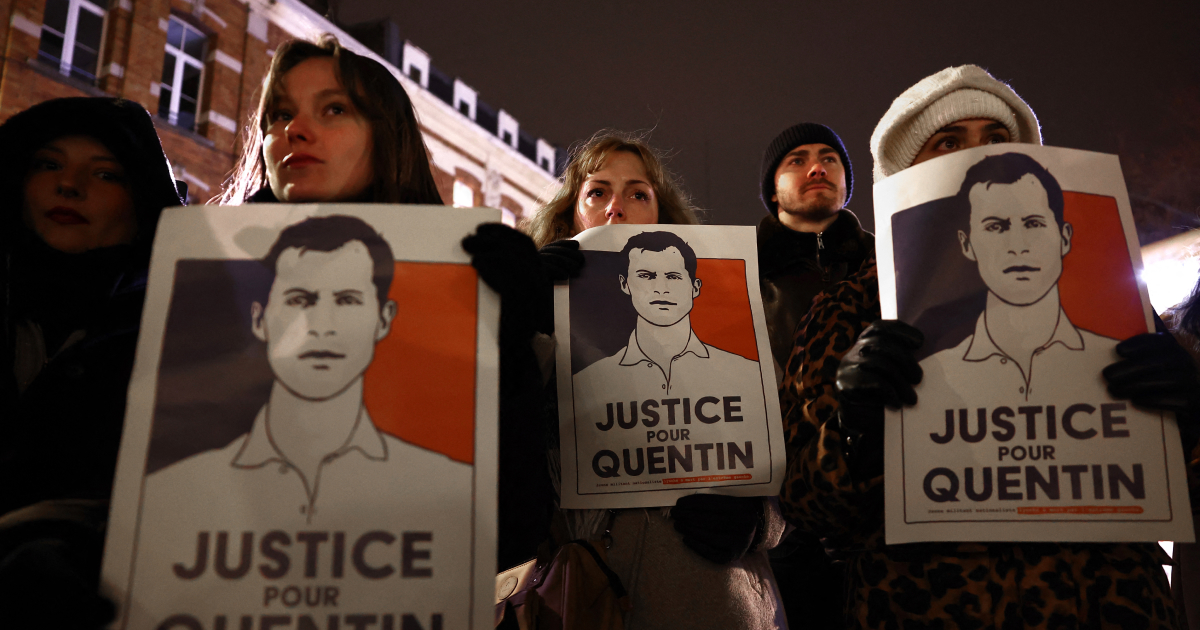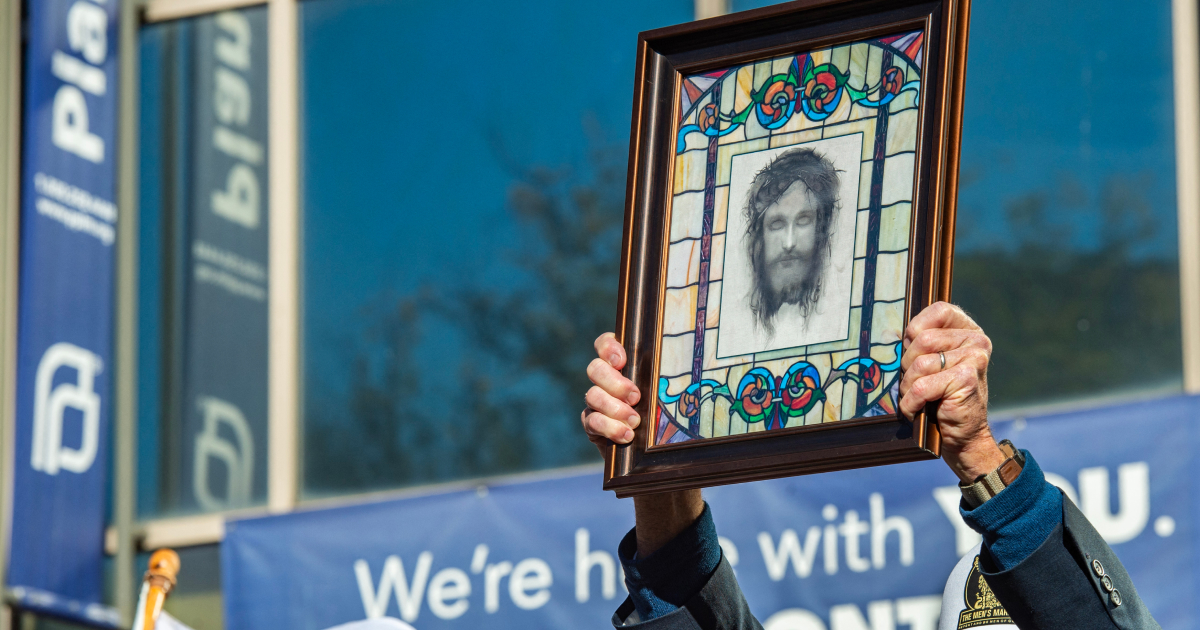Europe witnessed more than 2,000 anti-Christian hate crimes in 2024, according to a new report that points to a marked rise in attacks on both people and places of worship across the continent.
The Vienna-based Observatory on Intolerance and Discrimination against Christians in Europe (OIDAC Europe) said there were 2,211 recorded incidents, noting that “this figure includes a significant rise in personal attacks, which increased to 274 incidents, and a sharp spike in arson attacks targeting churches and other Christian sites”.
The latest annual report, released 17 November, offers one of the clearest assessments yet of the growing hostility faced by Christians in nations long shaped by Christian heritage.
The accounts range from vandalism and desecration to threats, intimidation and, in some cases, murder.
France, United Kingdom, Germany, Spain and Austria together accounted for the majority of incidents, reflecting a pattern increasingly visible in Western Europe.
Among the most serious cases was the killing of a 76-year-old monk at the Santo Espíritu del Monte monastery in Gilet, Spain – an attack that shocked the local community and drew attention to the vulnerability of isolated religious houses.
Earlier in the year, an Islamic State gunman shot dead a worshipper attending Sunday Mass in Istanbul. In France, a church in Saint-Omer was left seriously damaged after what investigators believe was a deliberate arson attack.
OIDAC Europe recorded 94 arson attacks overall, nearly double the previous year, with Germany accounting for a significant share.
In total, 516 violent anti-Christian offences were listed by the report, with the figure rising to 1,503 when thefts and break-ins at religious sites are included.
The report also highlights increasing legal and social pressures, particularly in cases where Christians have faced prosecution for expressions of belief.
The document notes, too, that concerns over religious freedom are no longer confined to countries on the periphery of Europe or those recovering from historic conflict. Instead, incidents increasingly arise in university settings, civic institutions and public debate, revealing an unease about Christian belief in spaces where it was once assumed to be culturally embedded.
The University of Sheffield, in one example, reportedly added a trigger warning for literature students over parts of the Bible, including the Gospel accounts of Christ’s crucifixion.
The overall shift indicated by the report represents a notable departure from Europe’s self-understanding of its identity. For generations, the continent presented itself as a defender of Christian rights abroad and a promoter of religious liberty in emerging nations.
Yet OIDAC Europe's latest report suggests that hostility towards Christians has become more public, more vocal and more common within Europe itself, raising difficult questions about the continent’s changing moral landscape and its willingness to protect the faith that shaped it.
RELATED: Is the Supreme Court trying to strip the UK of all its Christian vestiges?
Photo: A church in Ouzouer-sous-Bellegarde, Loiret, was vandalised during the night of Halloween, when its door was forced open and the interior damaged, 31 October 2025 (image from intoleranceagainstchristians.eu)





.jpg)











